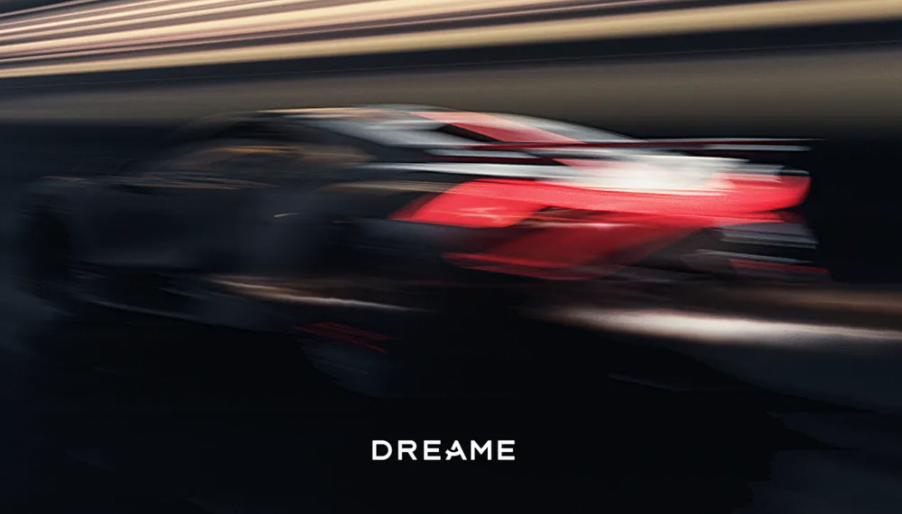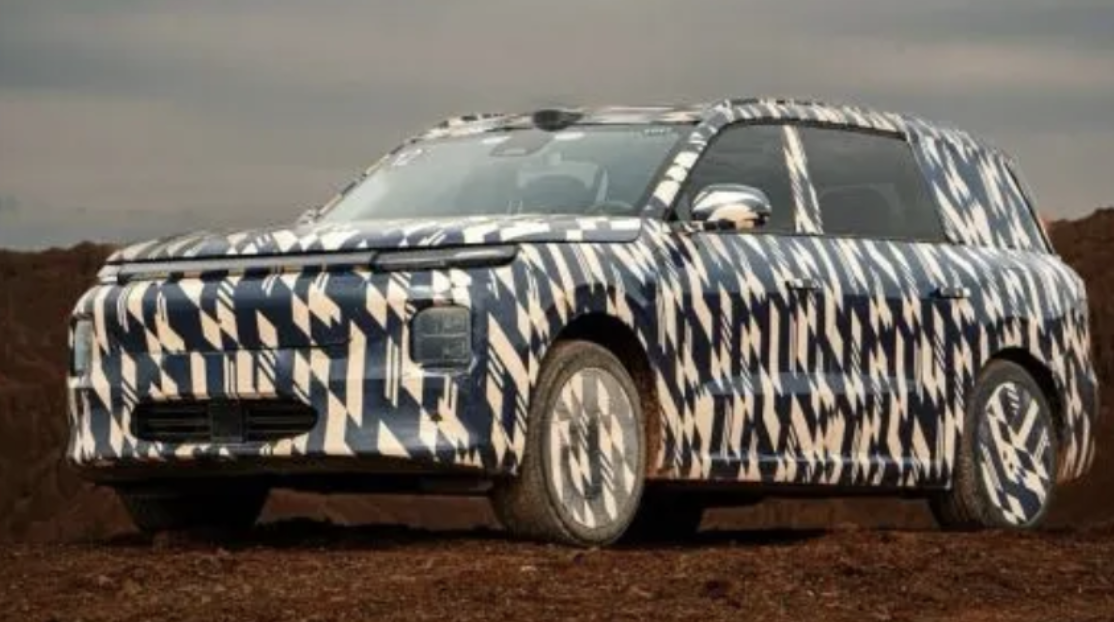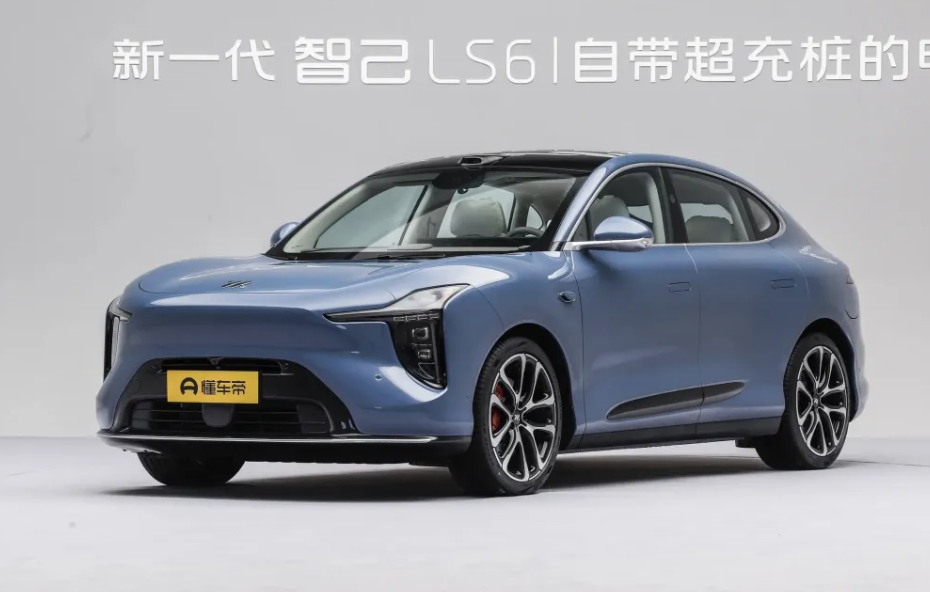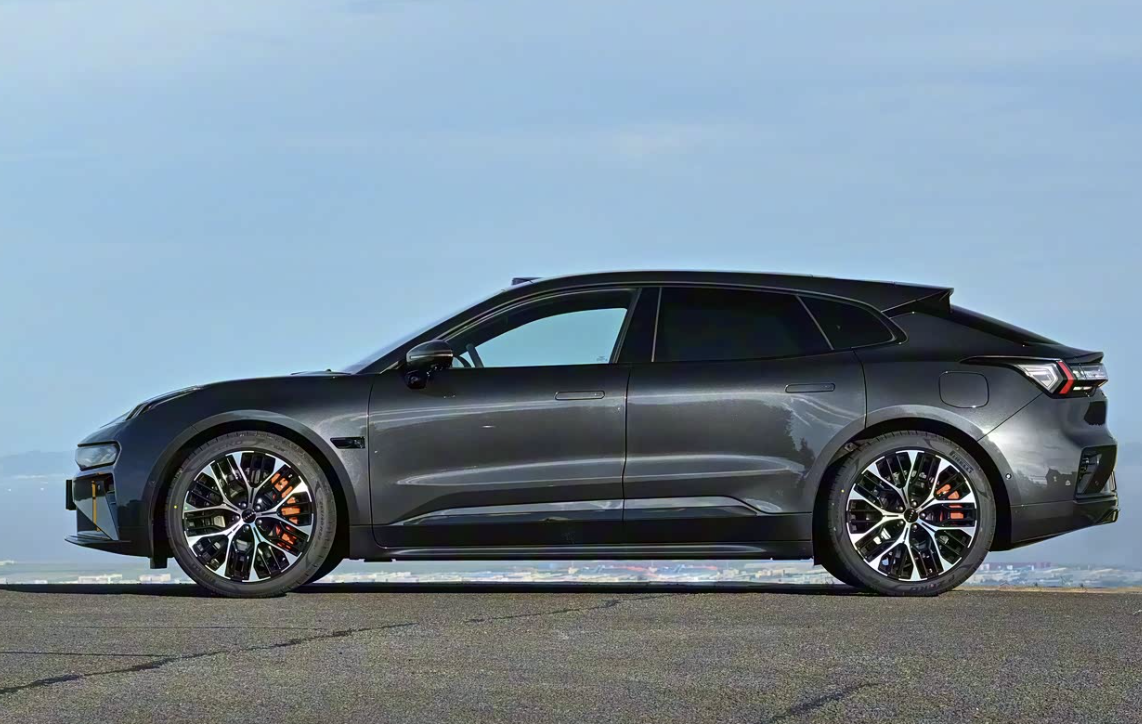Today, Dreame Technology issued an internal announcement, officially declaring its foray into automaking.

In the internal letter, Dreame stated that it aims to build “the fastest car in the world”. It emphasized that the decision to enter the automotive industry was neither a hasty one nor a pursuit of temporary market trends. From writing the first car development plan at Tsinghua Sky Workshop in 2013 to now standing at the pinnacle of the global smart cleaning industry, the company has waited 12 years for its “timely moment in the era”. The letter also noted, “We may not be the first to set off, but we will be the most determined one.” Regarding the automaking project, Dreame revealed that its first model will be an ultra-luxury pure electric product, benchmarking against the Bugatti Veyron, with a planned debut in 2027. At present, the company has built an automaking team of nearly 1,000 people, which is still expanding, and will continue to invest in the automotive sector for the long term.
According to available information, Dreame Technology is a domestic enterprise specializing in intelligent household cleaning appliances, founded in 2017. It has laid out four core product lines of intelligent cleaning equipment: robot vacuum cleaners, intelligent floor washers, wireless vacuum cleaners, and high-speed hair dryers. Initially, it was a member of Xiaomi’s ecosystem, leveraging Xiaomi’s brand endorsement and channel advantages to gradually gain a foothold and rise in the intelligent cleaning industry.Dreame’s founder, Yu Hao, also has an impressive background. He graduated from Tsinghua University with a major in Aeronautics and Astronautics, and is the developer of quadrotor drones, the inventor of trirotor aircraft, and the founder of Tsinghua University’s “Sky Workshop”. In 2017, Yu Hao’s team successfully developed the first high-speed digital motor with a rotational speed of 100,000 RPM. In the same year, Yu Hao established Dreame Technology, focusing on intelligent home appliances.
In fact, Dreame’s entry into automaking did not come as a surprise. As early as last year, there were reports that Dreame had launched its automaking business, with its first model planned to be an extended-range SUV and mass production expected in 2027. In January this year, Star Plan (Shanghai) Automotive Technology Co., Ltd. was established with a registered capital of 1 billion yuan, headquartered in the Shanghai Lingang New Area. Its business scope includes automobile sales, sales of new energy vehicle production and testing equipment, and R&D of intelligent robots. Yu Hao indirectly holds an 80% stake in the company and is its ultimate beneficiary and actual controller. Since the beginning of this year, Star Plan (Shanghai) Automotive Technology Co., Ltd. has applied for a number of automobile-related invention patents, including “Vehicle and Its Control Method” and “Control Method, System, Device, Equipment, Medium and Product for Vehicle Electric Horn”. In July last year, Dreame also posted recruitment notices online, seeking positions such as intelligent cockpit hardware engineers, senior managers of chassis electronic control, and senior managers of suspension systems.
When asked about the reasons for entering the automaking industry, an insider from Dreame told the media, “In this rare window of opportunity, the company has identified potential chances. Relying on the technological strength accumulated in the intelligent hardware field, global channels, and brand recognition, we aim to achieve a strategic leap from ‘intelligent home appliances’ to ‘ultra-luxury electric vehicles’.”In addition, Dreame itself also has certain advantages for automaking. For instance, its technologies in intelligent perception and AI algorithms—such as visual recognition, scene modeling, and autonomous path planning—have already been commercialized in service robots, and these can be applied to the R&D of advanced driver assistance systems (ADAS) and intelligent cockpit interaction experiences. “In terms of patents, among the 6,379 patents applied for so far, approximately 45% are invention patents, mostly covering core fields of electric vehicles such as sensor fusion, motor control, and human-computer interaction,” the insider added.
Despite Dreame’s full confidence in its cross-sectoral venture into automaking, many people inside and outside the industry remain skeptical. Although the home appliance and automotive industries share some common ground, there are fundamental differences between them after all.
Financially, automaking is far different from other industries, as it requires massive capital investment. Technologically, while Dreame has accumulated expertise in robot vacuum cleaners and drones, it is still a novice in the automotive field. Meanwhile, given its relatively low brand awareness, Dreame’s direct entry into the high-end market will make it difficult to gain user recognition, and its financing process may not go smoothly.Currently, the domestic new energy vehicle market is becoming increasingly competitive, with price wars intensifying. In recent years, a number of domestic new energy vehicle manufacturers have collapsed one after another. Dreame’s first model, positioned as an ultra-luxury pure electric product, is inherently unable to achieve large sales volumes. Without the support of sufficient sales, the project will eventually struggle to sustain itself.


